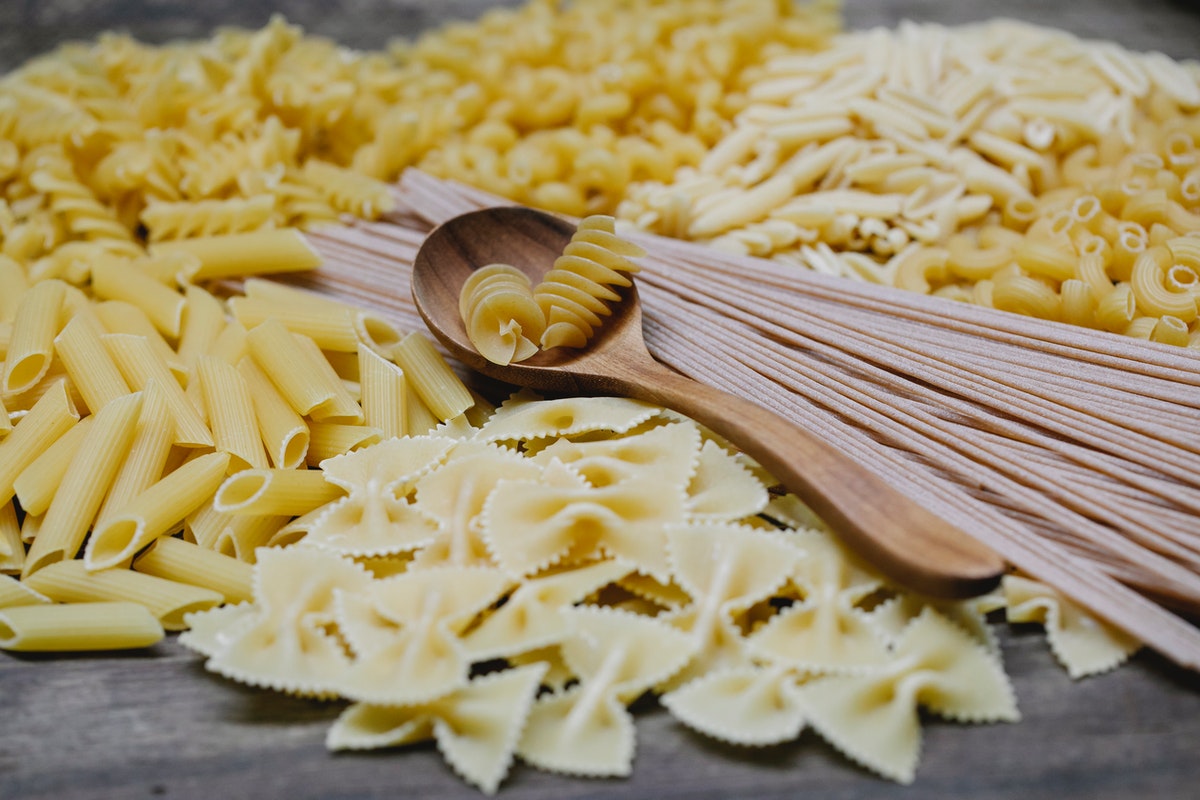Having to deal with gluten intolerance could give you the worst day of your life. It’s even worse for people who are still unaware that they have this illness. The good thing is it’s easy to spot the symptoms of gluten intolerance. But you still have to consult your doctor. That’s because gluten intolerance symptoms have similarities to other illnesses. That includes Irritable Bowel Syndrome (IBS), wheat allergy, and the more dangerous celiac disease.
But if you’re sure that you have a non-celiac gluten sensitivity, you will face a lot of changes. That’s true, especially with your diet that will affect your lifestyle. There are a lot of foods you may not be able to get a taste of in the meantime. But these changes are only here to accommodate relief of the symptoms.
We’ve listed some lifestyle and diet changes you’ll need to go through if you’re gluten intolerant. Here are some that you should apply.
Do elimination diet
It’s removing gluten-rich foods from your daily food intake. You should start with the elimination of grains such as wheat, barley, and rye. This includes triticale, couscous, kamut, farro, wheat berries, spelt, and farina. If you like the usual bread you buy in the grocery, it’s going to be bad news for you. You need to avoid consuming most bread and crackers too.
There are also condiments that you should avoid — soy sauce, cream sauces, spice blends, salad dressings, barbecue sauce, marinades, and more. And of course, most varieties of pasta are going to be a big no-no for your consumption. There are a lot of other food you need to eliminate if you don’t want to experience the gluten intolerance symptoms again.
Opt for gluten-free food
While you may be worried that there can be some food you love but can’t eat anymore, there’s still hope. You can opt for gluten-free food. What’s good is food manufacturers have opened up to the idea of producing gluten-free versions of their products. If you like pasta, there are already gluten-free kinds of pasta that you can buy. The same goes for bread. There are already gluten-free bread varieties. There are even gluten-free baking mixes from reputable brands you can buy now.

And, of course, there are still grains that are safe for you to consume. This includes quinoa, wild and brown rice, millet, buckwheat, amaranth, tapioca, teff, arrowroot, and sorghum. You may also want to add fresh fruits and vegetables to your diet. If you’re going to buy canned fruits and vegetables, always check the label.
Most dairy products people usually consume every day are also gluten-free. You’re safe to take them unless you’re also lactose intolerant. Choices are still abundant if you’re going for a gluten-free diet. You have to know what to find and where to find them.
Always drink water
Two of the worst symptoms of gluten intolerance are diarrhea and constipation. This is why it’s important for you to always drink water to smoothen your digestion process. Drinking water can also help you with hydration. That’s needed especially if you’re losing a lot of water due to diarrhea. You don’t want to be dehydrated cause it may cause more complications other than those that were caused by your gluten intolerance. Always hydrate with water every time you get the chance.
Take vitamins and minerals

There are a lot of essential vitamins you may miss out on if you’re going to eliminate some foods on your menu. Most gluten-free selections aren’t that rich in vitamins. This may cause to increase your body’s chances of acquiring deficiencies. That’s what typically happens if you don’t take enough vitamins. So make sure you have your favorite multi-vitamin capsules ready to make up for those lost nutrients because of your gluten-free diet.
Ease the symptoms
Despite being careful all the time, there can always be instances when you accidentally ingest foods that contain gluten. You always have to be prepared for this kind of situation. A big water bottle should be handy. This is to improve your digestion in case you experience disruptive symptoms in your stomach. You can also take activated charcoal or digestive enzymes in case of accidental gluten ingestion. You can talk to your doctor about a headache medicine prescription. Know which ones can be safe for you.
Protect yourself from ever experiencing the adverse effects of gluten intolerance. This lifestyle change may be hard at first. But you’ll eventually get used to it since it’s better to prevent the symptoms rather than experience them again.